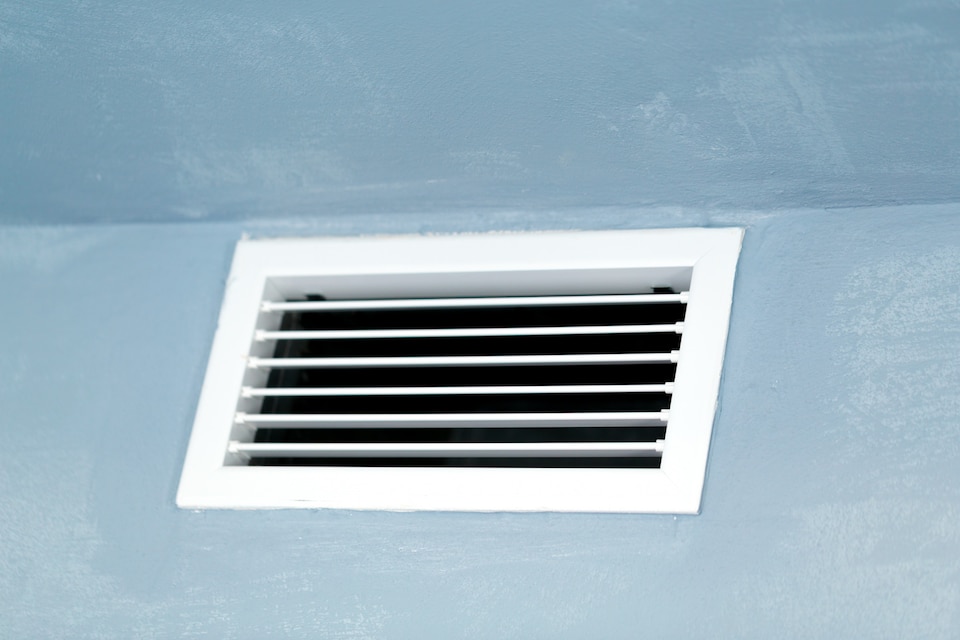Heating systems can fail at the most inconvenient times, leaving your home uncomfortable. Understanding common heating system failures can help you respond promptly and effectively. Knowing which issues you can tackle yourself and when to call our professionals is essential for maintaining a warm home.
Common Heating System Failures
Heating systems can experience various issues that disrupt their performance and efficiency. One prevalent problem is a lack of heat. This can be due to a malfunctioning thermostat, a blocked or dirty filter, or pilot light issues in gas systems. These components are critical for the proper operation of your heating system, and any disruption can lead to significant performance drops.
Strange noises coming from the heating unit are also common. Banging, clanking, or screeching sounds can indicate different issues, such as loose parts, motor bearing problems, or even air ducts expanding and contracting. These noises can be more than just an annoyance; they can signal underlying mechanical problems that may worsen over time if not addressed.
Another frequent failure is short cycling, where the system turns on and off frequently without completing a full heating cycle. This can be caused by an oversized unit, a clogged filter, or issues with the thermostat. Short cycling not only wastes energy but also increases wear and tear on the system, leading to more frequent repairs.
Lastly, problems with airflow can significantly impact the performance of your heating system. Insufficient airflow may result from blockages in the ducts, dirty filters, or issues with the blower motor. These issues compromise the system’s ability to heat your home effectively, causing uneven temperatures and higher energy costs.
DIY Troubleshooting Tips for Quick Fixes
Addressing minor heating system problems yourself can save time and keep your home comfortable. Here are some quick troubleshooting tips for common issues:
1. Check the Thermostat: Make sure it’s set to “heat” and the temperature is set higher than the current room temperature. Also, verify that the thermostat is receiving power.
2. Replace or Clean Filters: Dirty or clogged filters can restrict airflow and reduce efficiency. Replace disposable filters or clean reusable ones according to the manufacturer’s instructions.
3. Inspect the Pilot Light: If you have a gas heating system and it’s not producing heat, check if the pilot light is lit. Follow the manufacturer’s guidelines to relight it safely.
4. Clear the Vents and Registers: Ensure all vents and registers are open and unobstructed. Blocked vents can cause uneven heating and force the system to work harder.
5. Reset the System: Sometimes, resetting your heating system can resolve minor glitches. Refer to your owner’s manual on how to safely reset your system.
6. Check the Circuit Breaker: If your heating system is not turning on, check your home’s circuit breaker to see if it has tripped. Resetting the breaker may restore power to the unit.
7. Listen for Unusual Noises: Identifying the source of any unusual noises can help in troubleshooting. If you hear rattling, check for loose panels or screws. If there’s a grinding noise, it might be an issue with the motor bearings.
When to Call Our Professionals for Heating Repair
Some heating system issues require the expertise of our professionals. Knowing when to reach out can save you time, money, and ensure safety. One key sign is persistent problems despite your troubleshooting efforts. If issues like lack of heat, strange noises, or frequent cycling continue, it’s time to call our technicians. These symptoms might indicate deeper mechanical or electrical issues that need expert attention.
Unusual smells coming from your heating system are another red flag. A burning odor could signal an electrical problem, while a gas smell may indicate a leak. Both situations pose significant risks and warrant immediate professional intervention. Our professionals can diagnose the source of the odor and fix it safely.
If your energy bills have spiked for no apparent reason, it could be an indication that your heating system is running inefficiently. Issues like compromised airflow, malfunctioning parts, or an old system can cause increased energy use. Our professionals can conduct a thorough inspection to identify and rectify the root cause, optimizing your system’s efficiency.
Finally, if your system is over 10-15 years old and frequently needs repairs, it might be more cost-effective to have our technicians assess whether a replacement is a better option. Our experts can guide you through the process of choosing a new, more efficient system.
Preventative Measures to Avoid Future Failures
Adopting preventative measures can help ensure your heating system operates smoothly year-round. Regular maintenance is essential. Scheduling annual check-ups with our professionals ensures that your system is cleaned, inspected, and tuned up. This helps identify potential problems before they escalate into costly repairs or failures.
Another key measure is replacing or cleaning filters regularly. Dirty filters can impede airflow, making your system work harder and less efficiently. Most filters need attention every 1-3 months, depending on usage and the type of filter. Keeping them clean ensures optimal performance and extends the lifespan of your system.
Inspecting and sealing your ductwork can also prevent future failures. Leaky ducts can cause significant energy loss and uneven heating. Our technicians can assess your ducts for leaks and seal them to improve efficiency and comfort.
Also, be mindful of the thermostat settings. Avoid setting the temperature too high, as it can strain the system. A programmable thermostat can help by automatically adjusting the temperature based on your schedule, ensuring efficient operation and consistent comfort.
Finally, keeping vents and registers open and unobstructed ensures proper airflow throughout your home. Regularly checking these elements can prevent blockages that make your system overwork.
Conclusion
Addressing common heating system failures promptly and effectively is crucial for maintaining a comfortable home environment. Understanding when to apply DIY fixes and when to call our professionals can make a significant difference in your system’s performance and longevity. Regular maintenance and adopting preventative measures can further safeguard against future issues, ensuring your heating system remains reliable and efficient.
If you encounter persistent problems or need expert advice, One Hour Heating & Air Conditioning is here to help. Our skilled professionals are trained to handle all aspects of heating repair in Rockwall, TX, ensuring your system runs smoothly. Schedule a visit today to experience top-quality service and keep your home warm and comfortable year-round!











